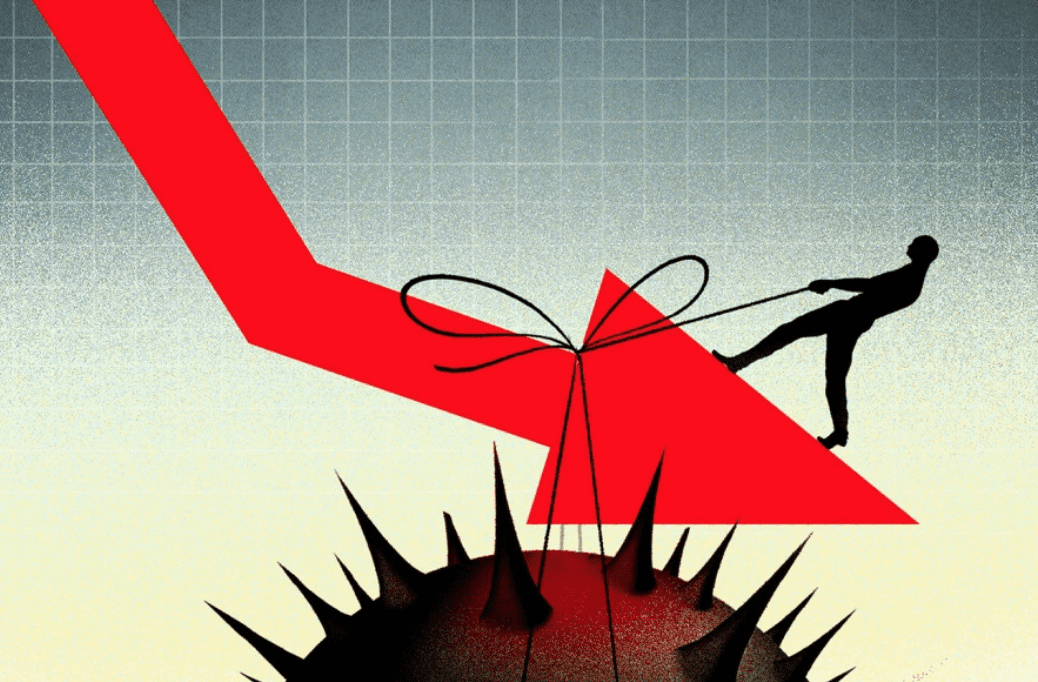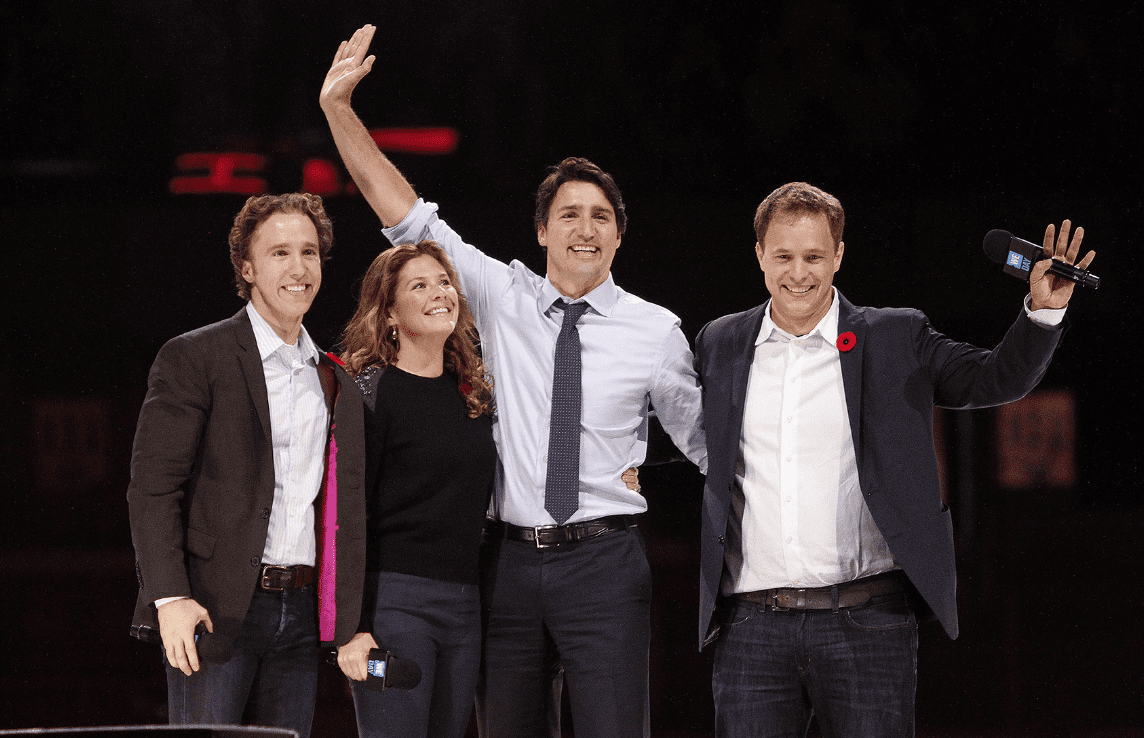The reaction to this week's "fiscal snapshot" was pretty much universal across media platforms a lot of pearl-clutching and reaching for fainting couches at the size of the deficit and project net debt, followed by musings about needing to raise taxes to pay for it, tut-tutting by Conservatives about the need for some kind of austerity (but vague enough so that it's only austerity on stuff they can disingenuously misconstrue in a bad light), and the NDP's perennial demands for closing tax havens (harder than it sounds) and wealth taxes (for which their proposal would require an entirely new tax system). So much of the Canadian establishment's thinking of our economy remains rooted in the mid-1990s, when the debt and deficit were at crisis levels but this is not the nineties, and this pandemic-related economic crisis is not like any we've seen in our lifetimes.
Sure, the deficit figure of $343 billion (almost assuredly high-balled) and the possible year-end net debt figure of $1.2 trillion are big numbers that get thrown around, but we also have to remember the counter-factuals, which Scotiabank Economics calculated to be a potential real GDP decline of 10.3% and much higher unemployment had the government not acted. And because it's not the mid-1990s, and interest rates are at near-zero, it means that the government is able to issue ten and thirty-year bonds, which the Bank of Canada has been snapping up as part of their quantitative easing program ensuring that this deficit is largely being financed for next to nothing. These are important considerations as we fetch the smelling salts for everyone who has swooned at the sight of such large numbers.
We've also seen a lot of "if only the government hadn't run a deficit before the crisis" talk, which is again rooted in the economics of the mid-nineties, and which ignores the effects of what Conservative austerity was doing to the broader economy. In order to achieve an artificial "balanced budget" in time for the 2015 election (which booked a bunch of savings that turned out to be illusory), their deficit reduction plan wound up forcing the kinds of stimulus necessary in the weak economy onto monetary policy, meaning the Bank of Canada setting interest rates. The effect of that meant that it was up to consumers and not government to keep putting money into the economy, and the legacy of that was the record levels of consumer debt. This particular legacy of the underlying weakness of the Harper years is important when Prime Minister Justin Trudeau remarked correctly in the view of many economists that they took the decision to leverage the government's ability to borrow so that households wouldn't have to.
Of course, the mid-nineties mindset isn't just about the deficit it's also about how these same establishment voices talk about the recovery, where they keep calling for stimulus in things like infrastructure projects. That isn't the kind of spending that we need right now there wasn't any softness in construction or infrastructure sectors going into the pandemic, and they are already bouncing back. Where the real softness lies in this crisis is the service industry both because there is a demand-side shock that is directly related to the palpable fear of infection as a result of the global pandemic, and because those jobs tend to skew more heavily female, and too many women are being sidelined from returning to work because of a lack of childcare or education options.
To be fair to Trudeau, he does seem to get that childcare is an integral part of the economic recovery, which is why he included money for it as part of his $14 billion aid package for the provinces aid money that the provinces are balking at because they don't like that there are strings attached to the money. The provinces have also been dragging their heels when it comes to signing deals with the federal government over childcare that have been years in the making (and in the lead-up to the pandemic, many provinces were also slowing down infrastructure project approvals or curtailing their own spending once federal dollars were on the table, which obliterated hoped-for productivity gains from those projects). What we get instead are provinces who want Trudeau to simply give them money, and a lot of it, for them to spend how they see fit, while many of those provinces can't muster the intestinal fortitude to reopen schools in a safe manner (which will require hiring a lot more teachers).
The traditional mindset that surrounds economic crises has been that it's "animal spirits" or psychology that creates a demand-side shock, but this demand shock is different. You can't throw money at this problem because no amount of liquidity will help businesses and sectors where they rely on a physical presence for their business models to work. That's why traditional stimulus calls can't be relied upon to help us get our economy back on track. It's not spending on roads and bridges it's spending on new teachers, new classrooms, and new child care spaces, all of which are areas of provincial jurisdiction. It also means that we need to stop assuming that women will simply pick up the slack for childcare and education, thereby removing themselves from the workforce. The economic fallout of removing 40 percent of many household incomes is going to be enormous, and you can't just find shovel-ready projects to get around that, nor will removing red tape somehow revive investment especially when you need even more health regulation as a result of the pandemic if you want people to be out and about.
The world has changed as a result of this pandemic, and our economic thinking needs to change with it. While I see plenty of economists who are making these calls, I'm not seeing enough premiers who are listening. Perhaps if the mainstream voices who dominate the discussion realize that it's no longer 1995, the political class will get the hint that we need to treat this crisis differently than those that came before it.
Photo Credit: Foreign Policy








